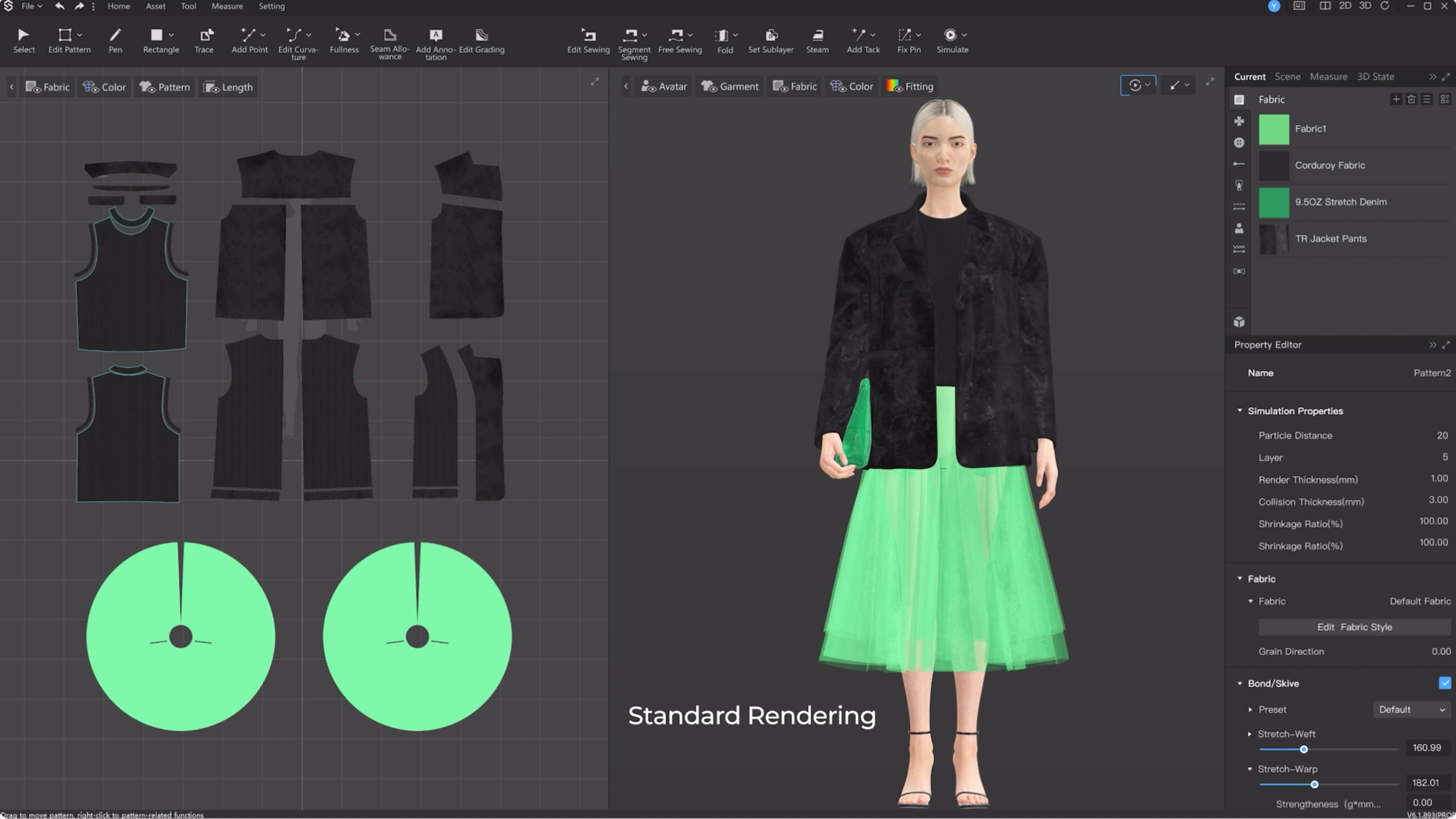The Future of Fashion: How Artificial Intelligence is Revolutionizing the Industry
In recent years, the fashion industry has witnessed a significant transformation, thanks to the integration of Artificial Intelligence (AI). This cutting-edge technology is not just a buzzword; it’s a game-changer that is reshaping how designers create, how brands market, and how consumers shop.
What is Artificial Intelligence in Fashion?
Artificial Intelligence in fashion refers to the use of machine learning algorithms, data analytics, and computer vision to streamline various processes within the industry. From predicting trends to personalizing shopping experiences, AI is making waves in every corner of the fashion world.
Applications of AI in Fashion
One of the most exciting applications of AI in fashion is in the realm of design. Tools like those offered by Style3D are enabling designers to create virtual prototypes, reducing the need for physical samples and speeding up the design process. This not only saves time but also significantly cuts down on waste, making fashion more sustainable.
AI is also revolutionizing the way brands interact with consumers. Through data analysis, AI can predict consumer behavior, allowing brands to offer personalized recommendations and targeted marketing campaigns. This level of personalization enhances the shopping experience, making it more engaging and satisfying for the consumer.
The Role of AI in Sustainable Fashion
Sustainability is a growing concern in the fashion industry, and AI is playing a crucial role in addressing this issue. By optimizing supply chains and reducing waste, AI is helping brands become more eco-friendly. For instance, AI-powered tools can analyze production processes to identify inefficiencies and suggest improvements, leading to more sustainable practices.
Challenges and Future Prospects
Despite its numerous benefits, the integration of AI in fashion is not without challenges. Issues such as data privacy, the high cost of implementation, and the need for skilled professionals are some of the hurdles that need to be overcome. However, as technology continues to advance, these challenges are likely to be addressed, paving the way for even more innovative applications of AI in fashion.
In conclusion, Artificial Intelligence is set to revolutionize the fashion industry in ways we are only beginning to understand. From design to marketing to sustainability, AI is making fashion smarter, faster, and more sustainable. As we move forward, the possibilities are endless, and the future of fashion looks brighter than ever.
